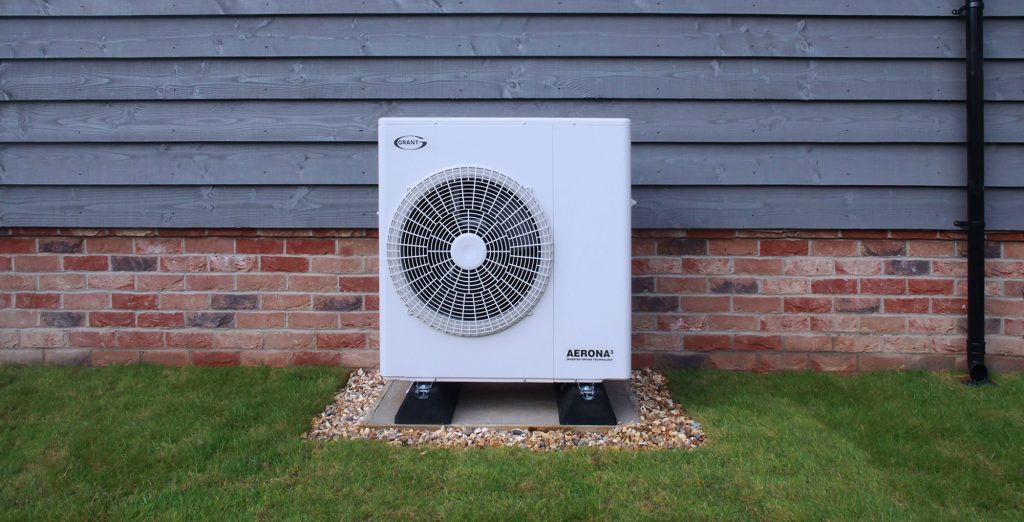Leading Heat Pump Options for Energy-Efficient Homes
Heat pumps are rapidly gaining popularity as an energy-efficient solution for heating and cooling homes, offering a sustainable alternative to traditional HVAC systems. These devices transfer heat from one place to another using a small amount of energy, providing both heating in the winter and cooling in the summer. By utilizing ambient air, water, or the ground as sources of heat, they offer remarkable energy savings and lower utility bills compared to conventional heating methods such as electric or gas furnaces. There are various types of heat pumps on the market, each suited to different climates and home setups, making it essential for homeowners to choose the right one for their needs. Air-source heat pumps are among the most common and affordable options for residential use. These systems draw heat from the outside air, even in colder temperatures, and transfer it into the home. Modern advancements have made air-source heat pumps increasingly efficient, especially in mild to moderate climates. They are versatile, as they can provide both heating and cooling, which makes them ideal for year-round comfort. A key benefit of air-source heat pumps is their relatively easy installation compared to ground-source systems, which often require significant excavation. Brands like Mitsubishi Electric, Daikin, and Trane have become leaders in this category, offering models that vary in size and efficiency ratings to accommodate a range of household needs.

Ground-source or geothermal heat pumps Jnod, while more expensive to install, are considered one of the most energy-efficient options. These systems use the stable temperature of the earth as a heat source or sink, making them highly effective in both winter and summer. Geothermal systems require underground piping to exchange heat with the earth, and while the installation costs can be substantial, their efficiency over the long term makes them a sound investment in energy savings. Homeowners in areas with extreme temperatures or those seeking long-term environmental benefits often prefer geothermal heat pumps. Companies like WaterFurnace and Bosch are recognized for their advanced geothermal systems that boast high efficiency and low operational costs. Hybrid heat pumps are a more recent innovation, combining the efficiency of a heat pump with the reliability of a traditional furnace. These systems automatically switch between the heat pump and the furnace, depending on which is more efficient at the given time. In colder climates, when temperatures dip below the heat pump is optimal performance range, the furnace takes over. This flexibility ensures consistent comfort without sacrificing energy efficiency. Leading manufacturers such as Carrier and Lennox have pioneered hybrid systems, which are well-suited for homes in areas with more extreme weather conditions.
The efficiency of heat pumps is measured by their Seasonal Energy Efficiency Ratio SEER for cooling and Heating Seasonal Performance Factor HSPF for heating. Higher ratings indicate more energy-efficient models, which translate to lower operational costs. Choosing a heat pump with a high SEER and HSPF can significantly reduce energy consumption while maintaining comfort. Additionally, new models with inverter technology offer even greater efficiency by adjusting compressor speed to match the heating or cooling demand more precisely. In summary, heat pumps provide an excellent solution for homeowners looking to reduce energy consumption while maintaining year-round comfort. Whether opting for an air-source, geothermal, or hybrid system, there are numerous choices available, each offering its own set of benefits. With advancements in technology, heat pumps continue to improve, delivering exceptional performance and energy savings.
